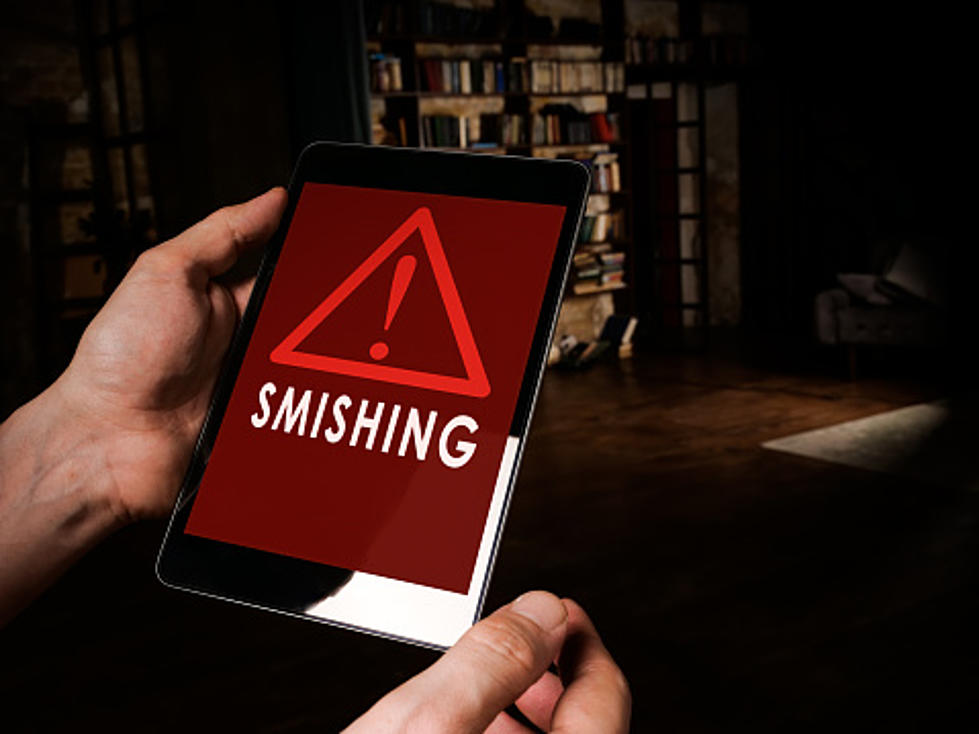
Illinoisans Are Being Tricked By People Claiming To Be From Amazon
Bad actors pretending to be someone that they are not isn't a new phenomenon. However, it's one that seems to just keep going and growing strong, stealing people's money and making off with their identifications, passwords, user-names and more.
No one has come up with a works-every-time way to make these criminals stop, but knowing ahead of time what they're doing to trick you out of your hard-earned money may come in handy.
Just Because You See The Name "Amazon" Doesn't Mean That It's Amazon
Here's something that I learned while spending some time at ComputerWeekly.com: almost 80% of domains containing the word "Amazon" are potentially dangerous. I was blown away by that number, and I was also surprised to see that in the 30 day run up to Amazon Prime Days in June, more than 2,300 domains linked to Amazon were registered.
Online security experts at CheckPointResearch took a look at Amazon-related domains, and found that:
One in two (46%) were malicious – clearly set up to con shoppers into giving up their Amazon credentials, email addresses and credit card details, and one in three (32%) were unprovably suspicious in some way. Their goal is to make money from your personal details. The tactic cyber criminals use in their deception is domain spoofing, where you click on a page that appears to be from Amazon, but you’re actually on malicious ground.
Some Victims Have Lost Some Serious Money
Some of the victims stories that are circulating include a woman who got a fake Amazon email and ended up giving the cyberthieves her username, password, and credit card information.
Another person was messaged on Facebook and told that her Amazon account had been compromised. She was given a number to call to fix the problem, but the number was not connected to Amazon. She ended up losing around $13,000.
Inside Amazon: A Detailed History of America's Biggest Online Retailer
50 Famous Brands That No Longer Exist
More From WROK 1440 AM / 96.1 FM









